Little Beaver Historical Society Podcast
Special Online Digital Exhibit
The One-Room School House
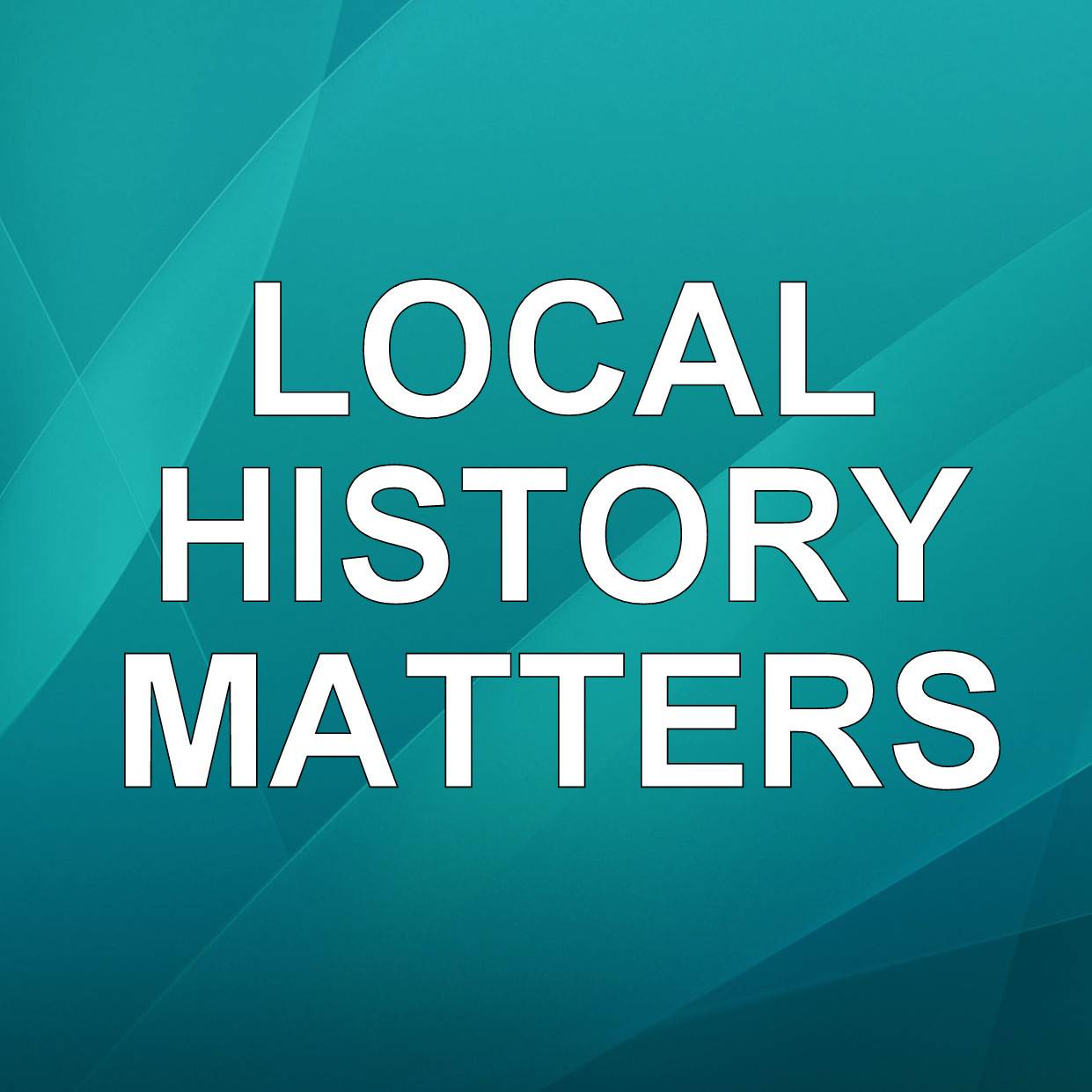
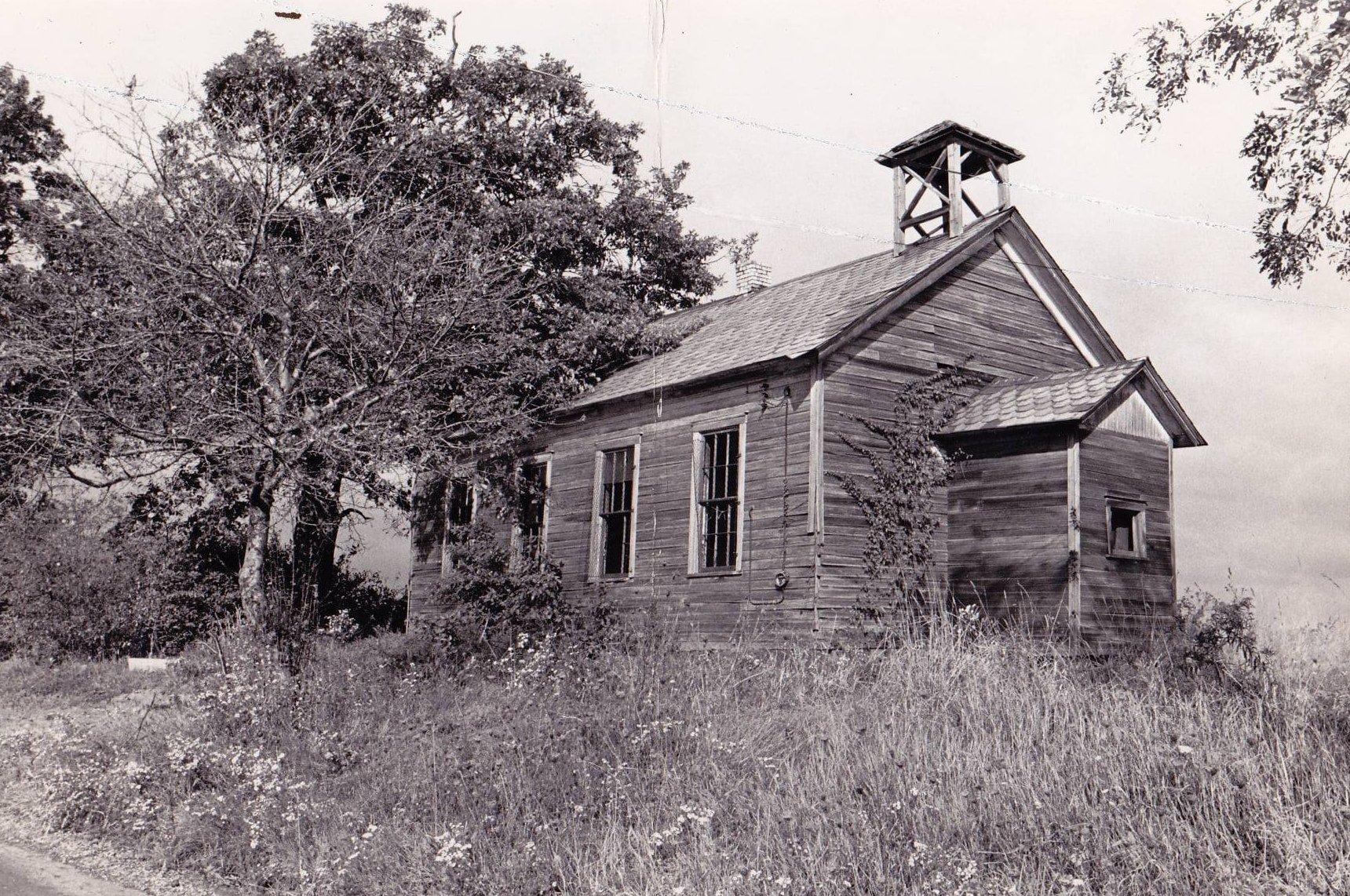
What's Inside
Historical Significance
Why one-room school houses matter to Beaver County history
They seem rare today, but during the 1800s through the early 1900s, one-room school houses in America (and throughout the world) were common, especially in rural communities and small towns. Even where larger high schools existed, one-room school houses were the institutions that provided for elementary education, typically grades one through eight.
During Beaver County’s frontier days and stretching well into the 20th century, nearly every rural township and borough had a one-room school house. In fact, the county had more than 97 schools by 1859, according to the County Schools Superintendent, T. C. Carothers. Twelve new schools were built in that year alone. Most of our youth were educated in this type of setting, assuredly using the Bible as a primary textbook and then adopting the McGuffey Readers in the mid 1800s to learn not only language arts but also about personal, community, civic, and religious moral values. The McGuffey lessons were central to a common curriculum provided to students throughout the county.
So generally speaking, what generations of Beaver Countians learned over a century and a half about literacy, civics, science, math, history, art, music, and geography came from the same instructional wellspring. Without question, the one-room school house was the foundation of literate society. The teaching and learning that took place in our one-room school houses profoundly influenced social, political, and economic life throughout the county.
In fact, it is almost certain that our county’s industrial revolution spanning the 19th and 20th centuries could not have been possible if it were not for the compulsory free schooling and mass literacy movements in one-room school houses that educated generations of working class Beaver Countians.
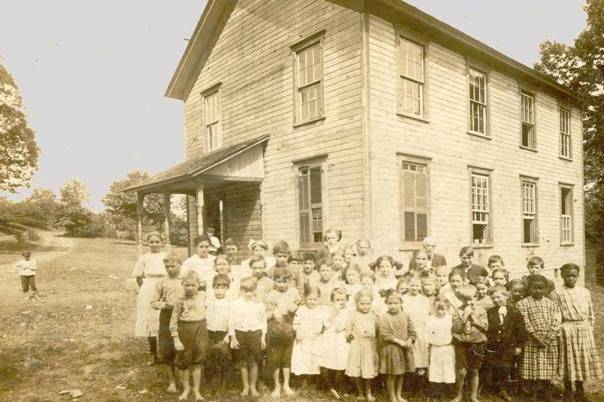
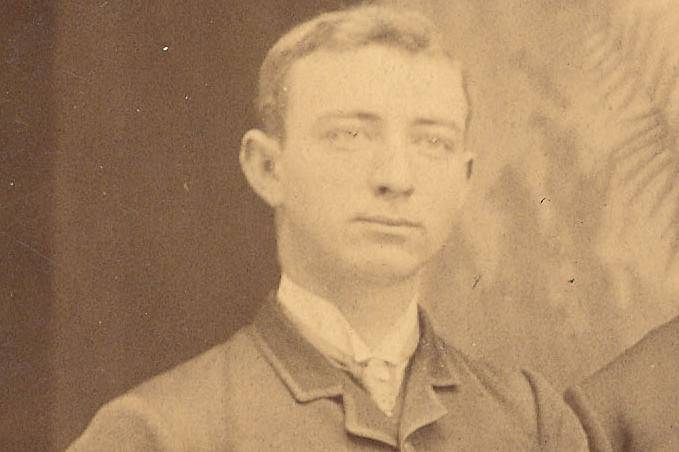
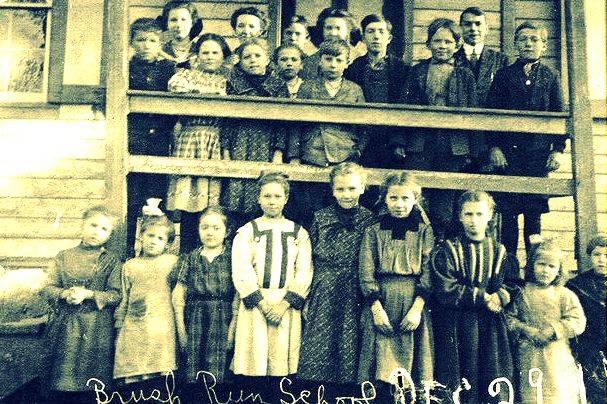
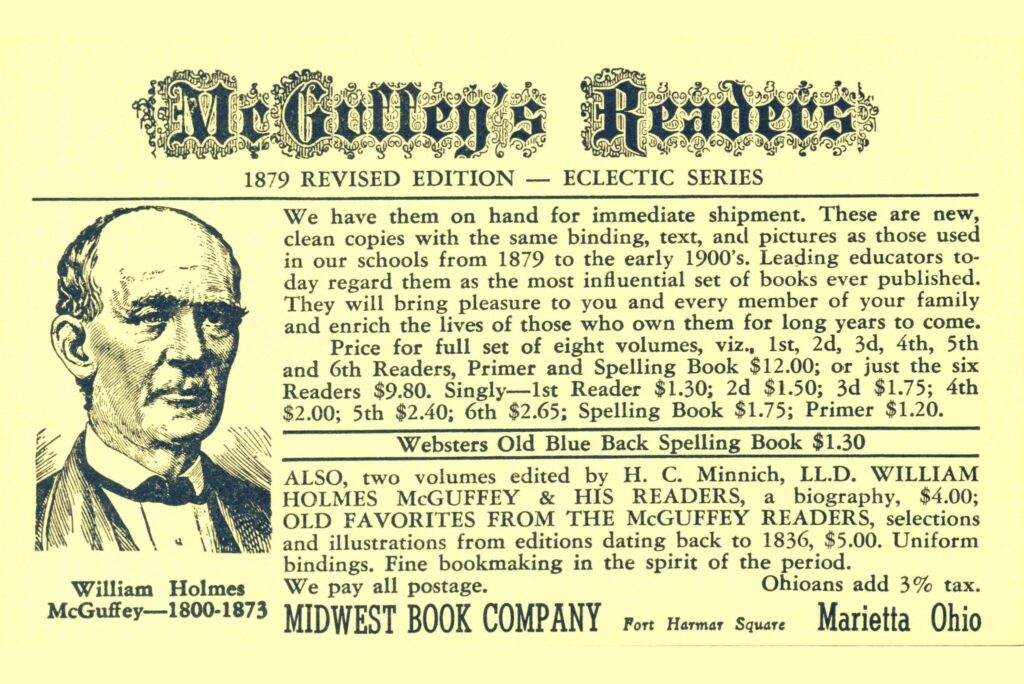


You must be logged in to post a comment.